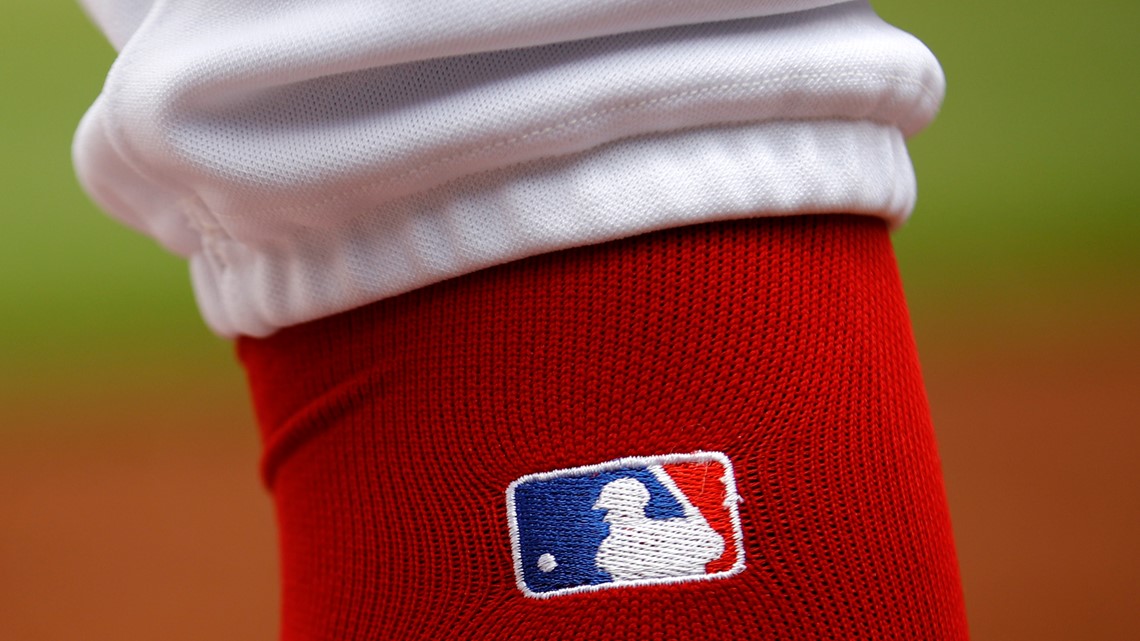
Four eliminated minor league teams sued MLB in Dec. 2021, alleging a violation of the Sherman Antitrust Act.
NEW YORK — The U.S. Justice Department asked a federal appeals court to narrowly consider Major League Baseball’s antitrust exemption, a filing made in a case involving four eliminated minor league teams hoping to end the sport’s century-old legal protection.
MLB cut the minimum guaranteed minor league affiliation agreements from 160 to 120 in September 2020 and took over running the minors from the National Association of Professional Baseball Leagues, which had been in charge since 1901.
The parent companies of the Staten Island Yankees, Tri-City ValleyCats, Salem-Keizer Volcanoes and Norwich Sea Unicorns sued MLB in December 2021 in U.S. District Court in Manhattan, alleging a violation of the Sherman Antitrust Act caused by “a horizontal agreement between competitors that has artificially reduced and capped output in the market for MiLB teams affiliated with MLB clubs.”
The suit was dismissed in October by a judge who cited the antitrust exemption created by a 1922 U.S. Supreme Court decision involving the Federal League. The teams then asked the 2nd U.S. Circuit Court of Appeals to send the case onto the Supreme Court.
“The court need not resolve the exemption’s precise contours,” the Justice Department wrote in a brief to the 2nd Circuit filed Monday by Assistant Attorney General Jonathan S. Kanter and several other lawyers. “The United States therefore does not take a position on whether the exemption applies here. Instead, the United States files this brief to reaffirm, as the Supreme Court has said, that courts should ‘not extend’ the Federal Baseball exemption.”
After the case was filed, MLB moved to dismiss while citing the sport’s antritrust exemption, alleging lack of standing and claiming there was no antitrust violation.
U.S. District Judge Andrew L. Carter ruled on Oct. 26 that the minor league teams had standing and “had pleaded sufficient facts to show an actual adverse effect on competition in the identified market.” But he dismissed the suit because of the antitrust exemption.
“Plaintiffs believe that the Supreme Court is poised to knock out the exemption, like a boxer waiting to launch a left hook after her opponent tosses out a torpid jab,” Carter wrote. “It’s possible. But until the Supreme Court or Congress takes action, the exemption survives; it shields MLB from plaintiffs’ lawsuit.”
The Supreme Court granted baseball an antitrust exemption in the Federal League case when Justice Oliver Wendell Holmes wrote that baseball was not interstate commerce but exhibitions exempt from antitrust laws. The Supreme Court reaffirmed the decision in a 1953 case involving New York Yankees farmhand George Toolson and in the 1972 Curt Flood decision, saying any changes should come from Congress.
A 1998 law applied antitrust laws to MLB affecting the employment of major league players at the major league level.
“This court must, of course, apply controlling precedent even when it is wrong,” the minor league teams wrote in a Jan. 9 brief to the 2nd Circuit. “But the court should, if it sees fit, dispatch this case to the Supreme Court with a message attached: Enough already.”
